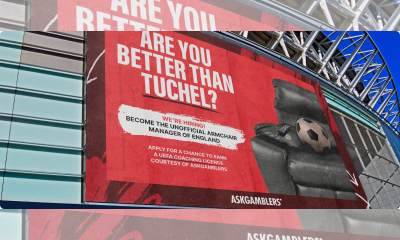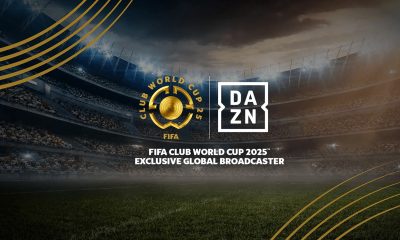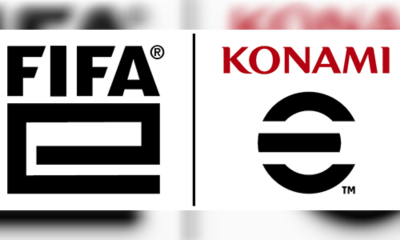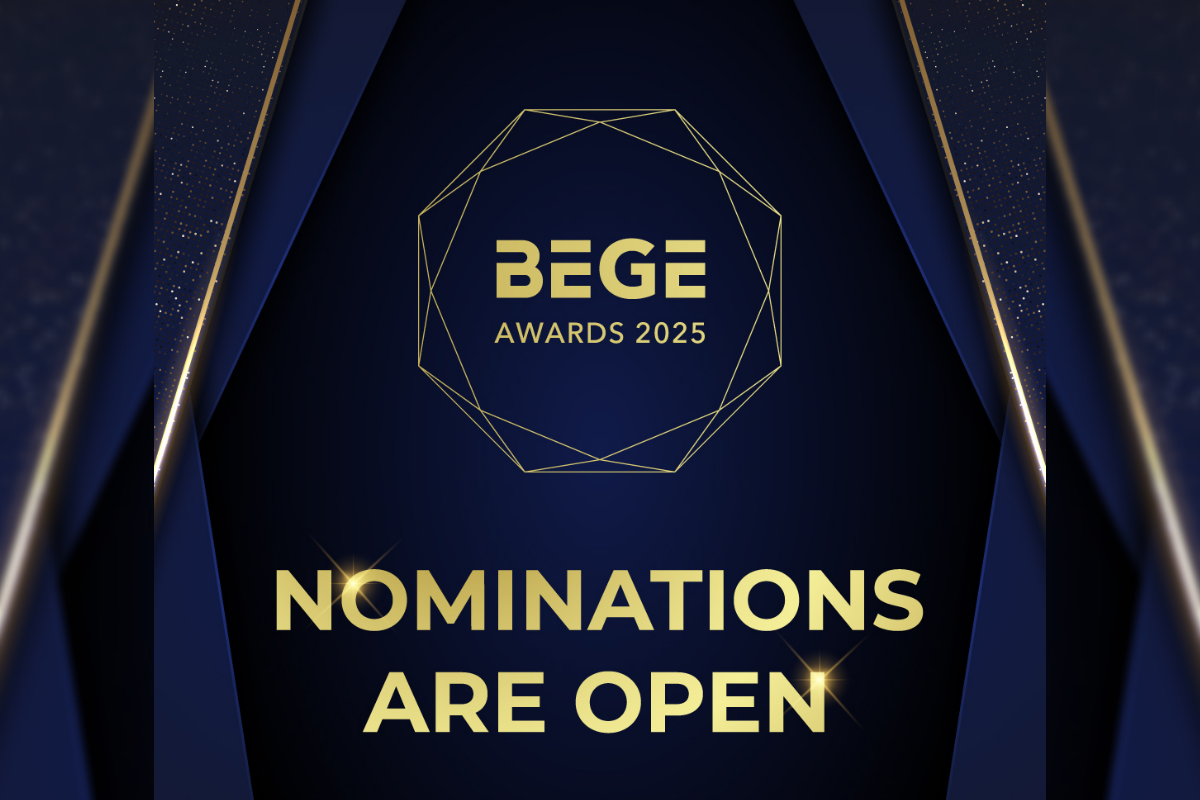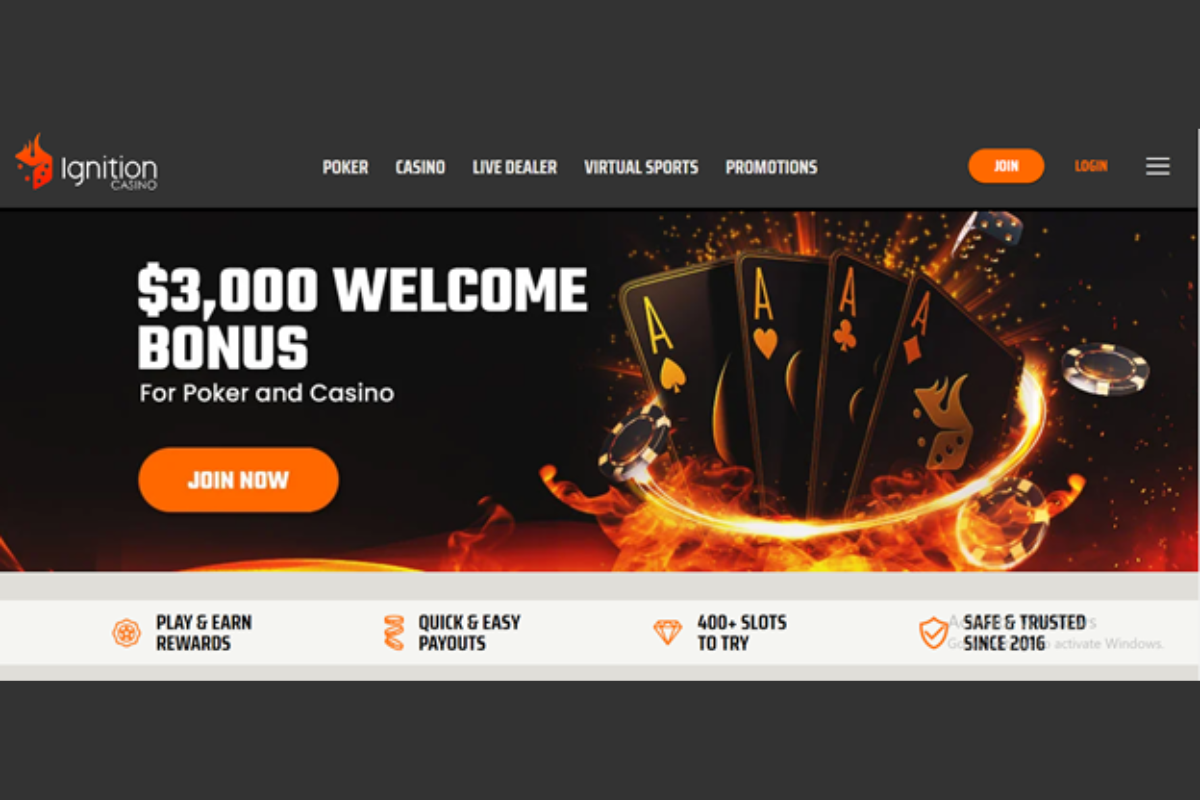Interviews
Super league – FIFA chief Infantino: “We need to face the problems in football together”

Speaking to AS, the FIFA president offered his thoughts on the Super League, calling for dialogue with the clubs but also saying he understands the potential need for sanctions
In an exclusive interview with AS, FIFA president Gianni Infantino answers questions on the European Super League (ESL) and major clubs’ conflict with UEFA, and discusses the issue of sanctions for the 12 breakaway rebels. He also talks about young people’s waning interest in football, clubs’ multi-million-euro losses and the need to control spending on transfer fees, players’ salaries and agents’ commissions, something he describes as “exploding to unhealthy levels”.
– As the former secretary-general of UEFA, you appear to be the ideal person to mediate in the conflict between European football’s governing body and the major clubs involved in the European Super League breakaway attempt. What can you do to help?
I am the president of FIFA and my responsibility is to defend football as a whole and all around the world. This includes small, medium and big clubs, leagues and federations of all over the world with different levels of development, all the players, coaches, officials and each and every stakeholder, always having in mind the fans, which are and should be at the centre of everything we do. I have been very clear in what is mine and FIFA’s position on this matter. We stand by UEFA in rejecting the Super League. We are against it and we will always be against any competition which is not part of the international structures of football and that threatens the unity and solidarity that should always exist in the football pyramid, which links grassroots and amateur level to the top stars. Having said that, it is also my duty to advocate that all the parties should enter into a profound and hopefully constructive dialogue in search of positive solutions. Our duty as the world governing body is to have our doors open to everyone, we need to face the problems in football together.
– It’s a conflict that has been bubbling away for years, because each side has its arguments: UEFA because it organises the competition, and the clubs because they’re the ones who pay the players. What solutions would you propose?
Our game is so incredibly successful also because there is a bond, a link between the bottom and the top of the pyramid. Between a girl or a boy playing in school or on the streets and a professional player scoring a goal in the final of a big competition. The clubs are an essential part of that pyramid but there are also other structures to ensure that everyone is united and there are solidarity and control mechanisms put in place in order for the less privileged to benefit, even if just partially, from the success and popularity of the most successful and powerful ones. As in everything in life a fair balance needs to be sought so that everyone’s interests is defended. As I said, in FIFA, our interest is the defence of football as a whole, from grassroots to the big stars, and all around the world, not only Europe but also in the Americas, the Caribbean, Africa, Asia and Oceania. We, for example, proposed and have approved a competition which we think fills a gap in this particular context. With a proper new Club World Cup, which will replace two competitions (the current annual Club World Cup and the Confederations Cup) so it won’t be an extra burden to players, and for which several big clubs will qualify, a new revenue stream will exist with benefits not only for the participating clubs but also to all the entire football pyramid. In fact, FIFA will not keep one single dollar from this competition and we will make sure that a percentage goes to non-participating clubs, leagues, federations, youth and women’s football all around the world. Speaking of which, we will be announcing soon the creation of a women’s Club World Cup which I think will be also a great success. We need to find solutions together and I have been proposing an extensive and in-depth debate on where we are today and how we can move forward stronger and better prepared for situations like the one which occurred with the pandemic.
– You have said you prefer dialogue rather than sanctions for the clubs; some have considered this an attack on UEFA and its president.
Let me be very clear on that. FIFA and me personally support UEFA and its president against the Super League. I think we need to think carefully on the next steps because this is a complex matter and goes well beyond a single competition – it is about the entire global football ecosystem. As for the sanctions, there are independent and competent bodies that should analyse what can and should be done in this respect and it is therefore not for me to comment on this. Obviously I don’t exclude therefore that sanctions are implemented at national, continental or a world level. I said it once and I say again very clearly. Either the clubs want to be part of the football structures, or they will have to face the consequences. This is obvious and I am sure they know that. By the way, since we are talking about it, let me clarify that when I said that a leader has to think on why we are where we are, I wasn’t referring to the UEFA president. I was calling on all football administrators to come together and reflect on the context we live in. I would like all the parts to get together and have a constructive dialogue to find the best solutions to everyone. A peaceful solution is always better than a conflict. I repeat, this goes beyond a single competition. This has a global impact as for example there are players from all over the world playing for these clubs and FIFA needs to protect global national team football. In any case, I believe everyone should be entitled to say what he thinks, in the best and most effective format possible with all the stakeholders present, not just a few. Many are willing to enter into a dialogue and of course FIFA’s doors are always open to everyone in football, having always at heart the superior interests of football. One thing has to be very clear though, we won’t accept proposals that represent a contradiction of the values of our game like sporting merit, solidarity, integrity and the fair access to competitions.
– What do you make of the fact that of the four Champions League semi-finalists this season, three – Manchester City, Paris Saint-Germain and Chelsea – have been investigated for Financial Fair Play breaches? You were one of the major champions of FFP – don’t you think that it is no longer effective and that it could be one of the reasons for the creation of the ESL? Because it’s clear that UEFA’s control mechanisms have failed and that the ESL seeks peer oversight.
UEFA has independent bodies to deal with those cases and I shouldn’t comment on them. When FFP was introduced, it was done in agreement with all the clubs and there was a consensus that these rules were necessary. In 2011, European clubs were having a net deficit of 1.7 billion euros and, after the introduction of the FFP, in five years, also thanks to those rules, the losses were reduced to less than 300 million. It’s true that with time, things change, and the covid-19 crisis also showed us that we need to adapt. What was effective and adequate 10 years ago might need to be revisited to see if it still makes sense and if it works, but I think football will always need transparency and control mechanisms at all levels.
– In the UK, many supporters took to the streets to protest against the ESL, but none of the Premier League clubs who signed up are British-owned. Their owners are Arab sheikhs, American billionaires and Russian oligarchs. Does football really belong to the fans?
Fans have to be at the heart of everything we do. Without fans and their passion, football wouldn’t be what it is and we need to keep that in mind all the time. Football is and should be essentially for the fans and we have to find ways to protect their interests. Investments in football should be welcome but, as I said, as long as they are transparent and there are control mechanisms to ensure a competitive balance as well as a healthy and sustainable industry.
– Of the world’s biggest clubs, there are only two that continue to follow the romantic ideal of being exclusively fan-owned: Real Madrid and Barcelona. Do you understand why they feel like Asterix’s village?
There are some other examples like in Germany and other countries, but I understand your question, which should also be put into the context of the legal framework where sport fits. Sports and football have a specificity that everyone needs to understand and respect, including political authorities because we don’t live in a bubble. Football has to respect laws and systems in the different countries and regions where it’s integrated, and those laws should allow that the sports regulations can implement several measures ensuring our industry is solid, transparent and respected.
– What can FIFA do to reverse the trend shown in the latest Global Reach of Football report, which found that almost half of young people between 15 and 24 are losing interest in football?
The world is evolving fast and what was always a formula of success for us might not be the right one for the future. There are some things we can’t and shouldn’t compromise. The beauty of football is also its simplicity. On the other hand, maintaining everything exactly as it is might not attract young audiences as much as in the past and that is why I think a large and frank debate must take place on if we can have less but more meaningful games, maybe new formats of competitions, maybe more play-off stages. I think the huge investment we are making in women’s football will be a great way to bring more fans, for example. I am sure there will be plenty of other good ideas and that football will continue to be a universal source of joy and entertainment for billions of people.
– One of the world’s most prestigious clubs, Liverpool, has announced losses of 50 million euros in the last 12 months. Among the 12 ESL clubs, losses of between 1.5 billion and 2 billion euros are forecast. Not every club has a state behind it to solve its problems. Can you understand where they’re coming from in that sense?
As I said, financial control mechanisms are very important also to ensure a balanced and fair competition. I have been saying a few times that we should think if we can introduce some sort of salary caps, transfer fee and squad size limits and other rules that can help to control a spending spiral which is harmful for the game even if we live in an ever more globalised world. Of course the controversy over the Super League took over the debate but this should really be an opportunity to focus on the key issues of football and its future. Concentration of power and money in fewer and fewer. Competitive imbalance getting worse and worse nationally and even much more internationally. Salaries, transfer fees and agent fees exploding to unhealthy levels. Growing imbalance between national teams and clubs due to the inappropriateness of the international match calendar for the new global football landscape. Women’s football growth.
– You know Spain and UEFA well. In all honesty, what would a Champions League be without Real Madrid, Barcelona and Juventus? How much value would it lose? 50, 60… 80%? UEFA president Aleksander Ceferin also knows that. Isn’t it a bluff when he threatens these clubs with a ban from the competition?
Everyone in football knows how important are those big clubs that make so many millions of fans in their home countries and around the world vibrate but we also need to take care of the not so big clubs, leagues and federations which are not at the top of the pyramid but ensure that football is played and promoted all around the world. UEFA will decide what is the most suitable action to take on its competitions. Of course, we need to be strict and ready to take firm actions not losing sight of the possibility to try and find common solutions for common problems.
– What real chance is there of holding the men’s World Cup every two years instead of every four years? Far from putting a strain on the fixture schedule, don’t you think it would lighten it by putting an end to many less prestigious continental competitions that attract less interest?
I think you are referring to Arsène Wenger’s idea of having the World Cup and the Euros more frequently. I’ve been reading with interest several opinions about the international match calendar and I think football should reflect on why so many people, namely the fans, consider that in many parts of the world, the qualifying phases are not exciting and interesting. Is it worth interrupting the domestic season so many times? Are we really using national team football the best way we can? Again, I think all the stakeholders, including players, coaches and fans, should come forward and bring their ideas to see if there is a better option for everyone.
– What do you have to say to those who say FIFA can’t be impartial in the conflict between UEFA and the ESL because it’s working with Qatar, the World Cup 2022 hosts, and the emir of Qatar is the owner of PSG?
It’s the first time I hear that but it’s interesting because I saw a few persons, including here in Spain, saying the opposite… that I was benevolent with the clubs who were promoting the Super League. My interest and FIFA’s interest is that football develops sustainably and in a healthy way all around the world – not only in Europe. We need to have an overall perspective and we will only manage to achieve something better than we have now if everyone in good faith is ready to discuss openly with no taboos but having as first priority the interest for our game, not only their own interest. I understand for example that the big leagues defend their competitions as they are the biggest, and I want them to become even bigger. But at the same time I want other leagues all over the world to grow as well and become real competitors to these big leagues, so that everyone wins at the end because we would have a much healthier and more sustainable global football ecosystem. And because ultimately – and this is the most important element in the equation – the fans, all the fans from all over the world, are everyone’s most important stakeholders. And we need to work in the interest of the four billion football fans all over the world. I’ve just come back from a trip to Côte d’Ivoire, Liberia and Sierra Leone. I’ve visited schools there and witnessed the extreme needs but also the hope and dignity that football can bring to millions of children.
This article was originally published in Spanish newspaper Diario AS. The author of that article is Joaquín Maroto (@AS_Maroto)
-

 Interviews7 days ago
Interviews7 days agoHIPTHER Community Voices: Alieu Kamara – Founder and CTO of AmaraTech
-
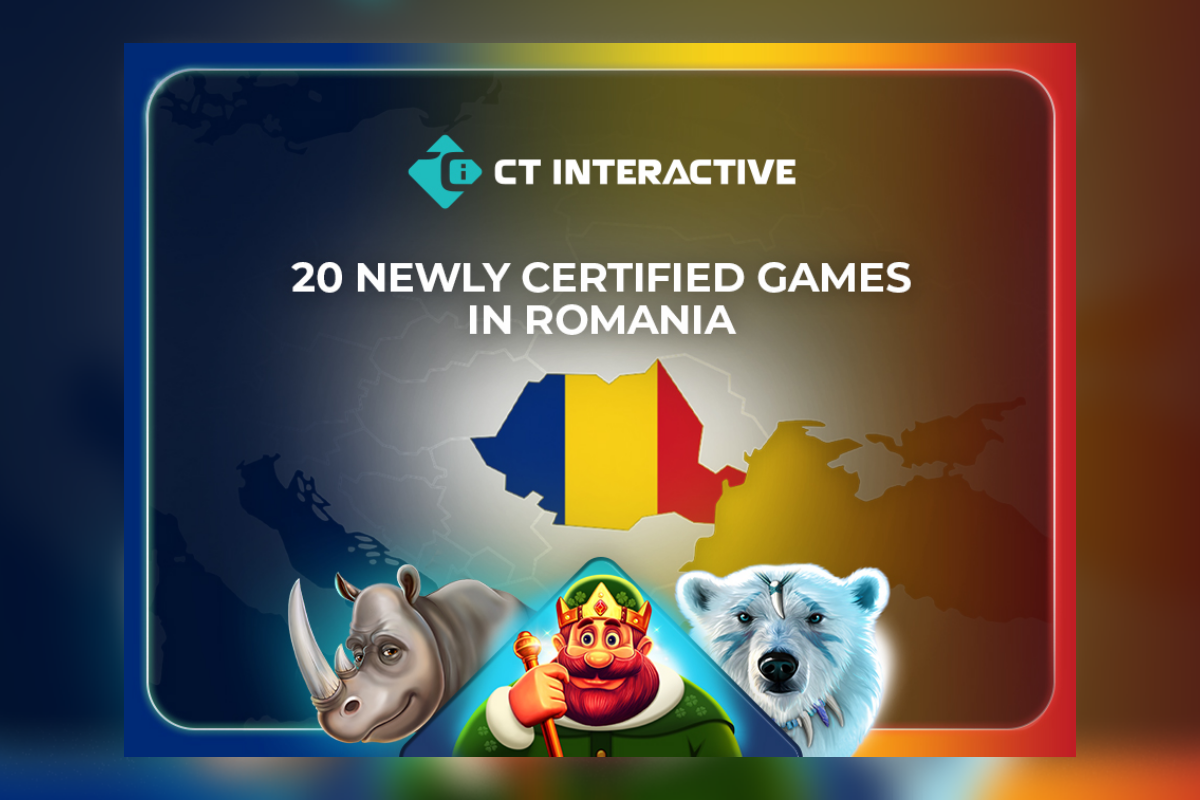
 Compliance Updates7 days ago
Compliance Updates7 days agoCT Interactive grows its certified portfolio in Romania
-

 Asia7 days ago
Asia7 days agoMetal Genesis Announces “Barrel of a Gun” Song Collab with Priscilla Abby
-

 Latest News7 days ago
Latest News7 days agoFrom gut feeling to game-changer: how AI is rewriting the rules of sports betting
-

 Latest News7 days ago
Latest News7 days agoWeek 36/2025 slot games releases
-
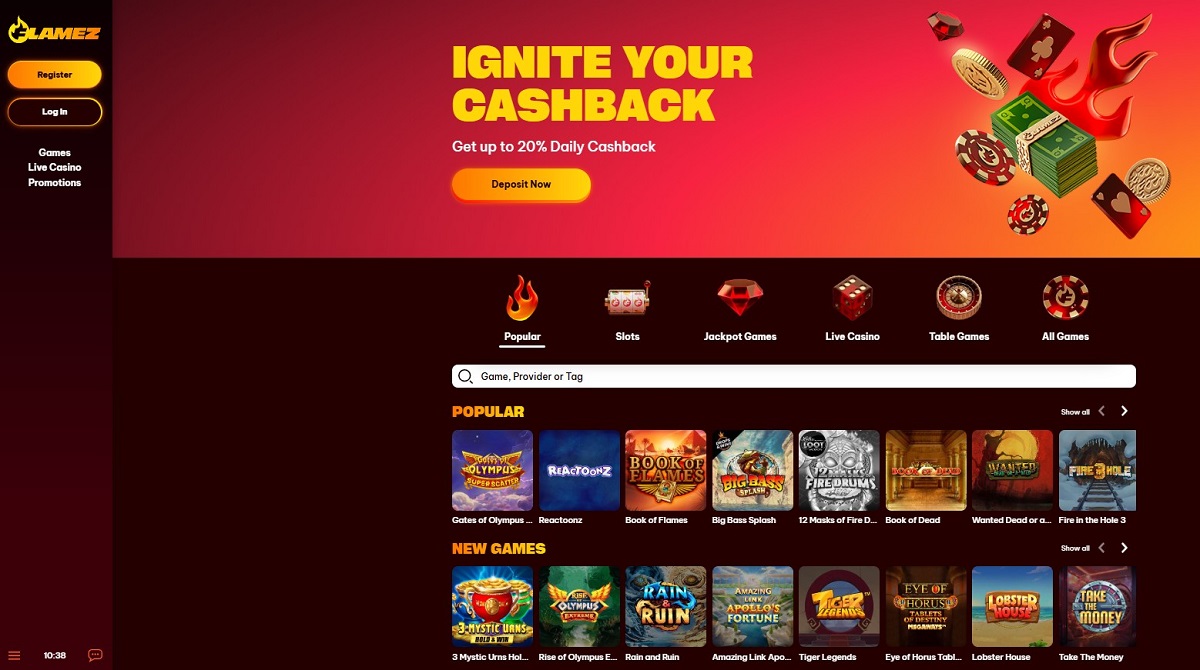
 Latest News7 days ago
Latest News7 days agoFlamez – A Fiery New Online Casino Contender from Ganadu
-

 Latest News7 days ago
Latest News7 days agoProgressPlay to Unveil Standalone Platform Upgrades at SBC Summit 2025
-
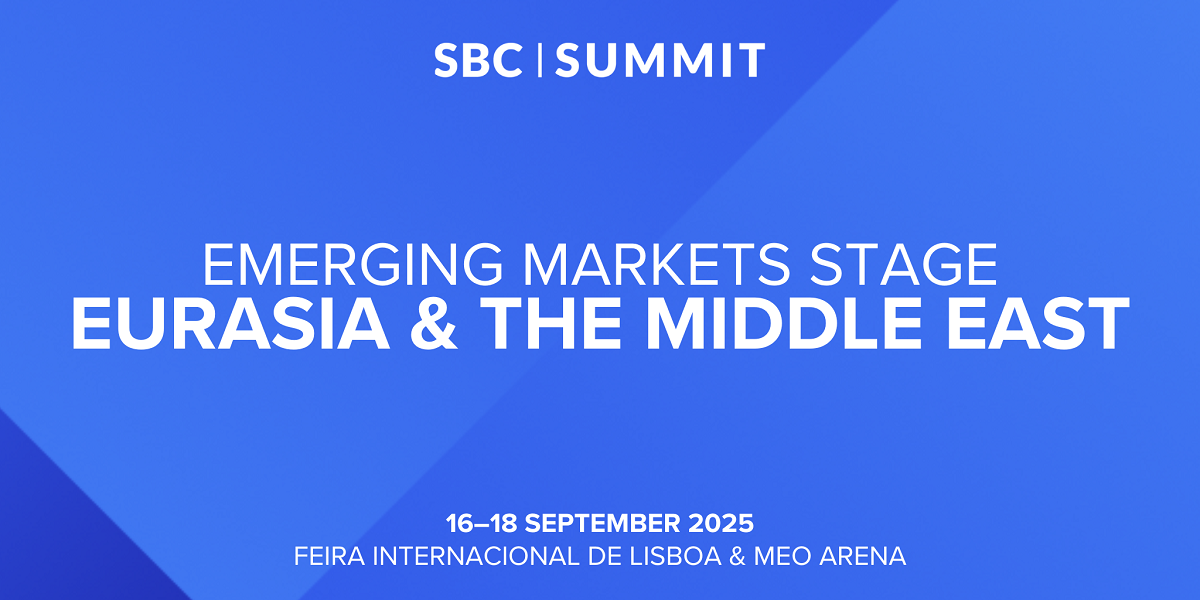
 Conferences in Europe7 days ago
Conferences in Europe7 days agoEurasia and the Middle East in Focus at SBC Summit 2025 Emerging Markets Stage










